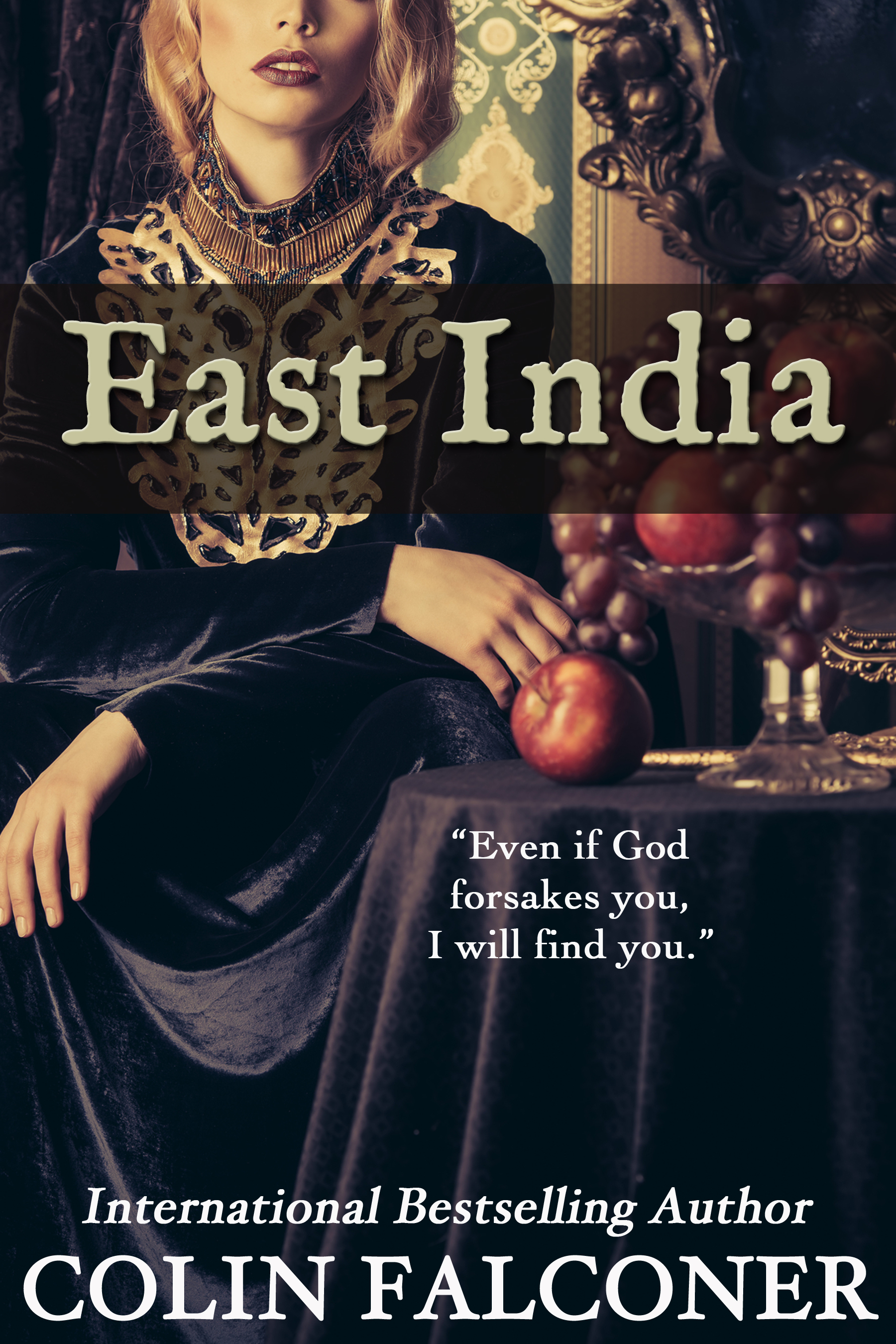This is a tough business. Agreed. Even great writers have struggled at various stages of their careers. So I went looking for what some of the really big names have had to say about what it takes to succeed.
photograph: Rowena Morrill
‘You must keep sending work out; you must never let a manuscript do nothing but eat its head off in a drawer. You send that work out again and again, while you’re working on another one. If you have talent, you will receive some measure of success - but only if you persist.’ - Isaac Asimov
Even from Asimov, this isn’t science fiction. Persistence is the key to any sort of reward. Of course, sending work out again and again was something people did in the days before indie publishing; back then, if the Big Six didn’t love you, no one would. But that only makes the next piece of advice even more relevant:
‘Books aren’t written, they’re rewritten. Including your own. It is one of the hardest things to accept, especially after the seventh rewrite hasn’t quite done it …’ - Michael Crichton
photograph: Grzegorz Wysocki
What he touched on here is one very crucial question; do we want to just publish what we write - or do we want to try and be great writers? People think being a writer is a glamorous occupation; TV talk shows, the book signings, rampant alcoholism. But actually sitting down and writing well enough to keep readers turning pages is plain hard work, as we all know.
‘Anyone who keeps working is not a failure. He or she may not be a great writer, but if they apply the old-fashioned virtues of hard, constant labour, they’ll eventually make some kind of career for themselves as a writer.’- Ray Bradbury
From Ray, something very true this way comes. So many new writers get anxious at the beginning. Am I good enough? Do I have talent? (The nature of talent is a question I touched on recently in WHAT PRICE TALENT?)
How much talent do we have? No one really knows until they give it a shot. That’s the hell of it.
‘Obstacles are those frightful things you see when you take your eyes off your goal.’ – Henry Ford.
Obstacles? If Stephenie Meyer knew the obstacles she might not have bothered to submit her first book for publication. She didn’t know the odds against having her book discovered through a ‘slush pile’. But she sent out fifteen submissions anyway - and of these five are still unanswered, nine brought rejections, and only one brought a positive response.
She shouldn’t have even got that; the agent’s assistant who read her query was new to the job and unaware that at 130,000 words the manuscript was way over the agency’s strict 75,000 word limit for YA novels. So she just read the book on its merits - wild and reckless as that may seem.
‘I went for years not finishing anything. Because, of course, when you finish something you can be judged… I had poems which were re-written so many times I suspect it was just a way of avoiding sending them out.’ - Erica Jong
If you, too, have a fear of flying, remember that at some stage, you have to let go, and allow your manuscript to meet its doom or its destiny. And when you do, be prepared: for you will be judged. Read some of the reviews on Amazon - people really don’t hold back. Even great writers, Booker prize winners, get hammered. So don’t send your manuscript out into the world until it’s ready. But don’t wait too long either.
I am in the process of re-releasing all my novels online through CoolGus publishing. (The great thing about historical novels is that they don’t date.) I am re-editing every single one though, line by line, and it’s a long process because, though I was happy with the structure of the novels after all this time, I wasn’t happy with the prose. In fact, I can’t believe I got away with it. Yet a few years ago, the publishers thought they were okay, and a couple of them even became best sellers. What were they thinking?
We never stop learning. But when have we learned enough for now?
I’ll leave the last word to ‘Damon’ – real name Dennis R. Miller. He spent twenty five years completing his novel The Perfect Song. “Life,” he said, “is what happens to a writer between drafts.”
The book was self published in 2004 and disappeared without trace. I think there’s a lesson in there too, somewhere, but I have no idea what it is.
I’ll think about it between drafts.
And because I want to see you all back here regularly, I am offering a free copy of my novel CORRIGAN’S RUN to anyone who joins my blog today! You can’t buy it … it’s not available anywhere else except here! All you have to do is join up, then write to me at colin underscore falconer underscore author at hotmail dot com. I can send you a copy as a mobi Epub or PDF file.
